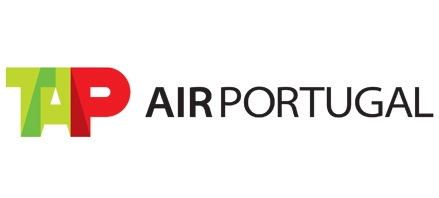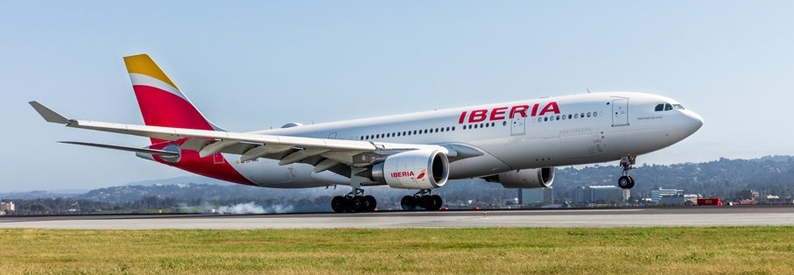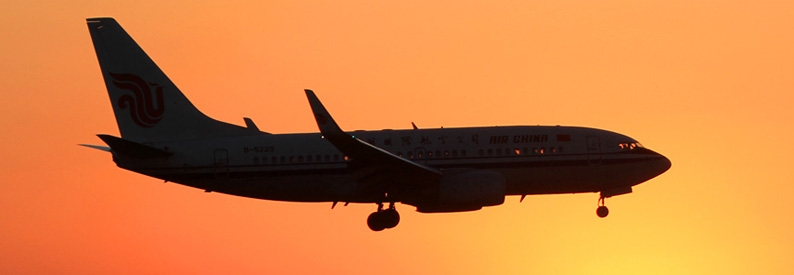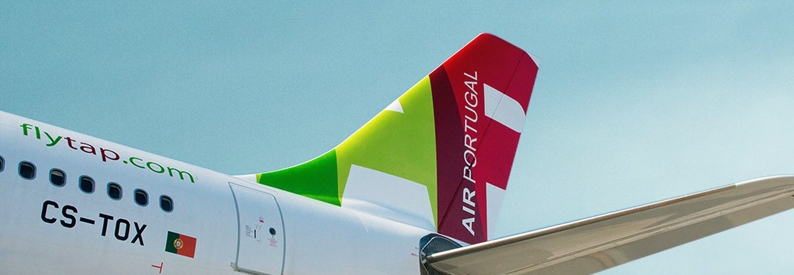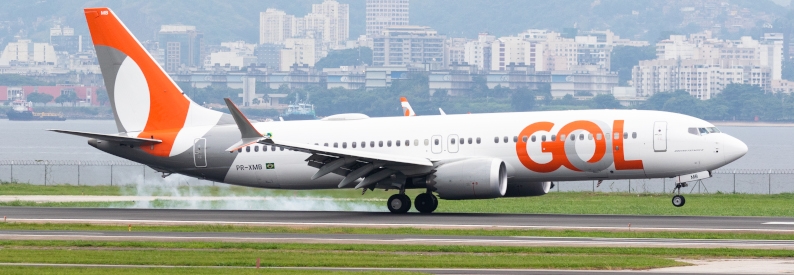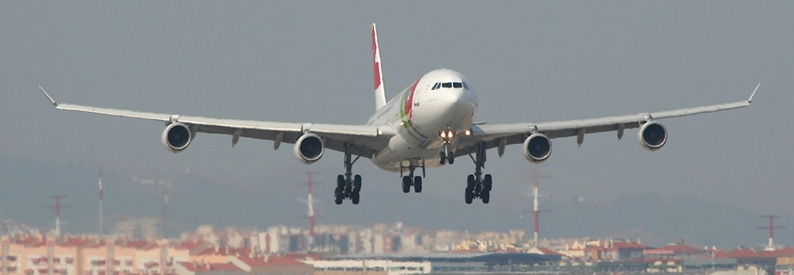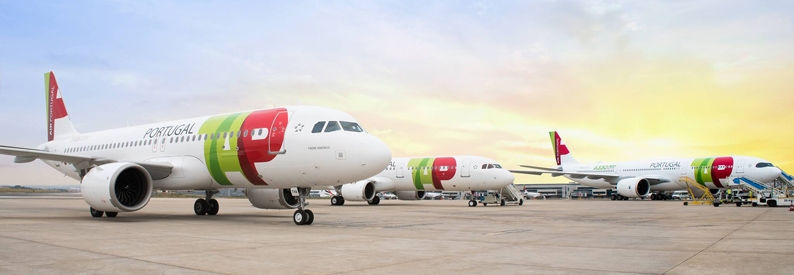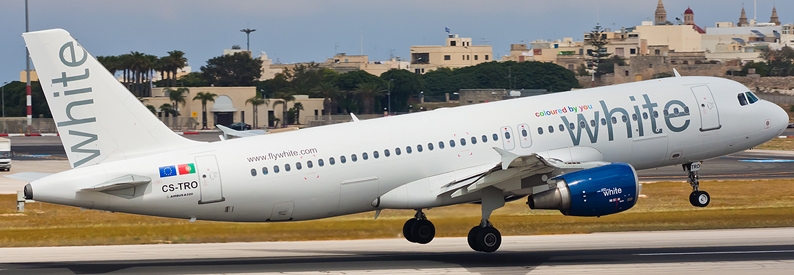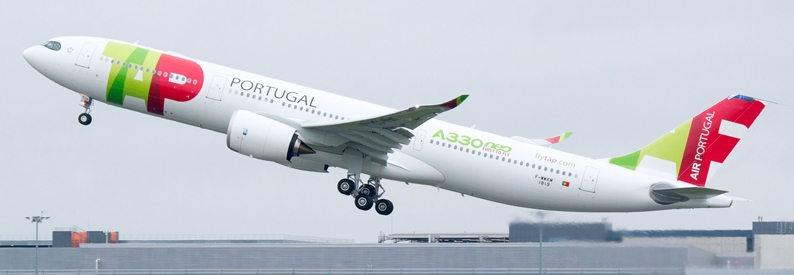The European Commission has green-lighted another EUR462 million euros (USD556.6 million) in Portuguese state support for TAP Air Portugal (TP, Lisbon) in compensation for losses sustained between March 19 and June 30, 2020, due to COVID-19 travel restrictions.
The EC in a statement said the assistance, approved under European Union state aid rules, would take the form of a loan that may be converted into capital and will be disbursed to TAP in one or several instalments. In order to ensure that there will be no overcompensation, Portugal, by September 2021, will review and report back to the commission on the amount of actual damage suffered, following independent verification based on the company's audited accounts. Any public support received by TAP in excess of the actual damage will have to be returned to Portugal.
This followed EC approval on June 10, 2020, of EUR1.2 billion (USD1.4 billion) in Portuguese state aid to TAP, received between July 17 December 31, 2020. In exchange the Portuguese government acquired 22.5%, now owning 72.5% of holding company TAP SGPS. The rescue aid, in the form of an interest-bearing loan and loan guarantees, secured TAP’s immediate liquidity needs while the airline prepared its long-term viability plan. In exchange, the government submitted a restructuring plan for TAP to the EC within six months on December 10, 2020, which the EC is currently reviewing under a separate procedure.
“We continue being in close and constructive contact with the Portuguese authorities in this context,” said EC Executive Vice-President Margrethe Vestager in charge of competition policy.
The state aid boosted TAP’s cash position to EUR518.8 million (USD625 million) at the end of 2020, compared to EUR426.3 million (USD513.6 million) on December 31, 2019, according to the airline’s 4Q20 and FY2020 results.
Under the restructuring plan, the airline is to obtain a balanced operating result and capital structure by 2023 and cash generation that will enable the Group to meet its financial commitments on their maturities. The plan is based on three strategies:
- Capacity adjustment (fleet, network, and staff);
- Optimisation of operating costs (negotiation of leases, review of costs with third parties, and adjustment of labour costs);
- Revenue improvement (passenger revenues and others).
Accordingly, the TAP Group aims to reduce its fleet to 88 aircraft at the end of 2021, a reduction of 8% but still higher than the 75 aircraft that made up its fleet in 2015. Operational savings of EUR1.3 billion (USD1.5 billion) are expected by 2025, arising from fleet-related negotiations, as well as savings of EUR200 million (USD240 million) to EUR225 million (USD271 million) in 2025, when compared to 2019, in negotiations with other operational suppliers.
Meanwhile, according to the airline 2020 Management Report and Consolidated Accounts, more than 65% of TAP’s gross financial debt will only be amortized from 2024 onward.
Due to the pandemic and the consequent deterioration of EBITDAR (Earnings Before Interest, Taxes, Depreciation, Amortisation, and Restructuring), the TAP Group failed to comply with certain financial covenants, namely those related to the maintenance of equity and the compliance with the Adjusted Net Debt/EBITDAR ratio as fixed in certain borrowings.
Regarding an outstanding loan of EUR141.4 million (USD170 million) on December 31, 2020, from a syndicate of Portuguese banks, waivers were obtained regarding compliance with the financial covenants referring to the consolidated minimum capital (adjusted) and TAP SGPS's Adjusted Net Financial Debt/Adjusted EBITDAR at the end of 2020.
Waivers were also being sought on the Adjusted Net Debt/EBITDAR ratio regarding the issue of bonds by private offering made to foreign institutional investors amounting to EUR114.5 million (USD138 million) as of December 31, 2020. The TAP Group has reclassified the debt to Current Liabilities and is working to obtain the waiver within allowed periods.
Compliance with certain ratios - relating to the consolidated financial statements of the TAP Group, particularly with equity, EBITDAR, Net Debt/EBITDAR, and unsecured net financial debt, and minimum amount of cash and its unrestricted equivalents - were intended to monitor the financial situation of the TAP Group and measure its ability to service debt.
Meanwhile, Full-Year 2020 results show that TAP recorded a net loss of EUR1.2 billion (USD1.4 billion). Passenger numbers fell 72.7% after growing for four consecutive years; passenger revenue decreased 70.9%; and operating revenues decreased by 68%.
An agreement with Airbus postponed the delivery dates of 15 new-generation aircraft, allowing for a CAPEX reduction of USD1 billion between 2020-2022. TAP ended 2020 with an operating fleet of 96 aircraft, a net decrease of nine aircraft when compared to the end of 2019, when the company had an operating fleet of 105 aircraft.
During 2020, seven new-generation Airbus aircraft entered service (two A330-900N, two A321-200NX(LR), two A321-200N, and one A320-200N) and 16 aircraft exited operations (ten A319-100s, three A320-200s, one A321-200, and two A330-200s). The start of operations of four A321neo(LR)s and three A320neo was planned for 2021, implementing a strategy of focusing on smaller aircraft to reduce costs and having the operational flexibility to grow at the pace of demand, using the traditional medium-haul fleet if demand picked up more quickly, or a smaller fleet if recovery was slower
During the second half of the year, two A330-200s were converted into cargo aircraft, given the increase in demand in this segment. It also planned to increase its cargo capacity by transforming more aircraft in 2021, including narrow-body aircraft for medium-haul logistics.
Subject to the approval of the restructuring plan, TAP expects to return 60-70% of its 2019 capacity by the end of 2021. It plans to continue to diversify its network, having launched flights to Mexico (Cancún) and South Africa (Cape Town International) in March as well as seasonal summer operations to Zagreb Franjo Tuđman, Djerba, Oujda, Agadir Al Massira, Monastir, Fuerteventura, Ibiza, and Santiago de Compostela.
